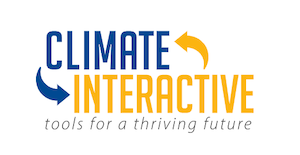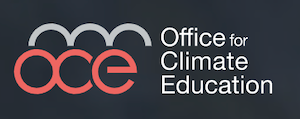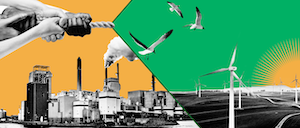About This Topic
Climate change education is one of the most popular topics for learning circles, and for good reason: there are few (if any) issues experienced as universally as the effects of human development on the environment. While climate change learning circles draw from a vast variety of disciplines (e.g. oceanography, social change), the end goal should align with UNESCO’s framing that climate change education “helps learners understand the causes and consequences of climate change, prepares them to live with the impacts of climate change and empowers learners to take appropriate actions to adopt more sustainable lifestyles.” Learning circles embody the “think globally act locally” mantra, drawing on resources and examples from around the world to generate informed, community-based spaces for both thought and action.
Practices
- Climate change can be addressed from a variety of perspectives - science, politics, activism. Find an entry point that seems graspable and creates a shared starting point. All the more important, recognizing that not everyone is starting from the same set of assumptions.
- Use a local initiative as a connection into understanding the environment, like a librarian named Koi did at Kenya National Library Service. He knew that there was a lot of logging happening in his area, so he did a little research to better understand what was happening, and then ran a learning circle on logging and deforestation at the library. At the end of the learning circle, the group decided to start a tree nursery at the library.
- It’s easy to feel overwhelmed or hopeless when taking on this topic, and that’s ok. The trick is to carve out space where people can make meaningful changes for themselves without losing sight of the things that are beyond any single person’s immediate control. Dr. Ayana Elizabeth Johnson recommends asking people to consider how they can use their special skills to contribute to climate solutions, and learning circles can be a format for exploring this in a group setting.






